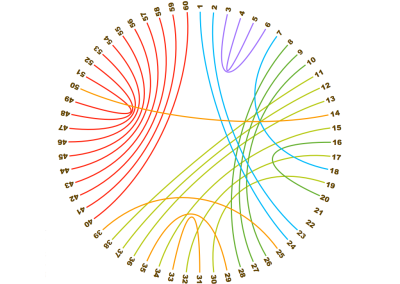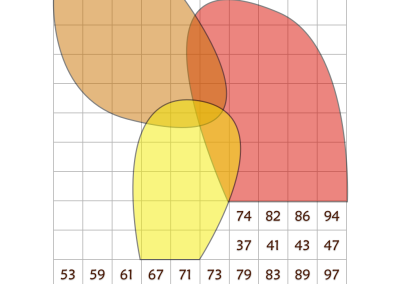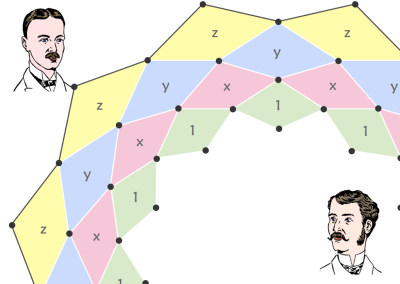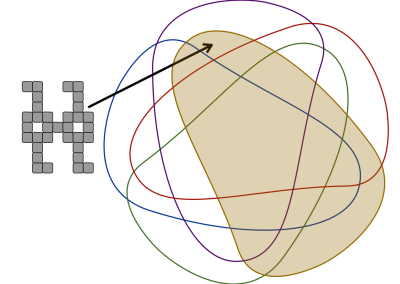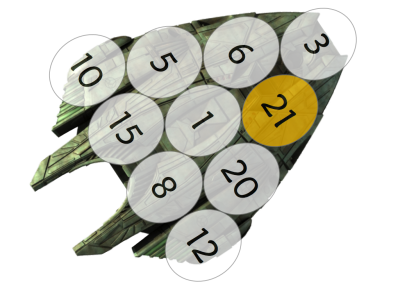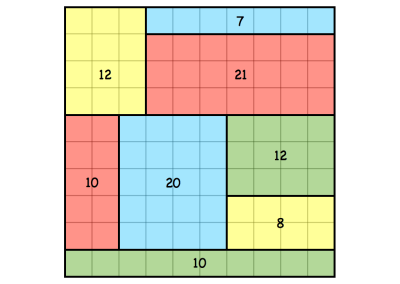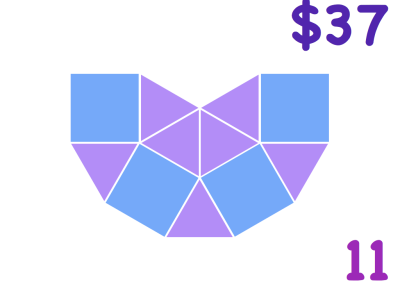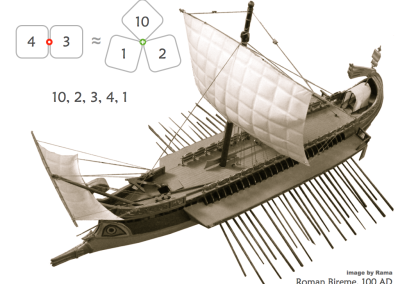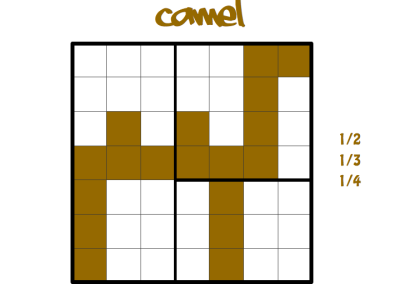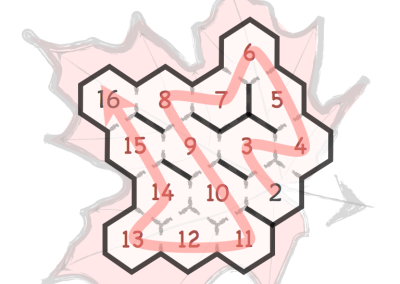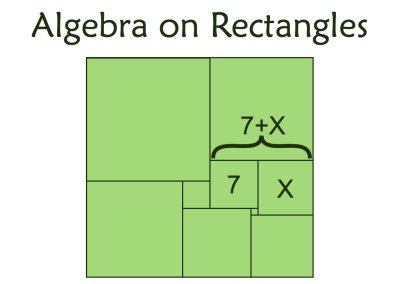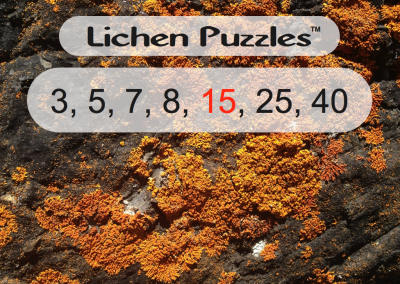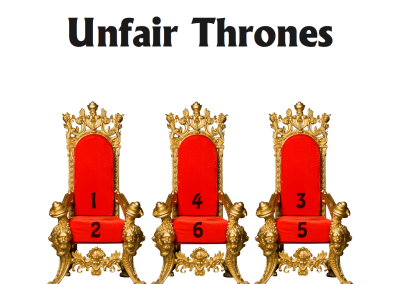
This picture was taken when I was a parent of two elementary school children. They are now both teenagers – one is in university. Ouch! Lol! Professionally I’m a designer of puzzles like you’ll find on MathPickle and board games like Santorini. Students call me Dr. Pickle. There is nothing I enjoy more than stumping students and having them stump me.
Gord!
In 2015, MathPickle and The Online Encyclopedia of Integer Sequences hosted a conference to select one Integer Sequence for each grade K-12 (see them here.) The grade 4 selection was written up here and went on to win the 2016 Polya award from the Mathematics Association of America.
MathPickle is also developing a range of curricular puzzles several of which have been published in the New York Times. These help teachers them with their number one challenge:
“How to engage the spectrum of student ability?”
Whenever an elementary school teacher wants to teach addition, she will invariably face 20% of students who already know how to add and another 20% who are struggling with last year’s curriculum. How can she engage the top students without losing the bottom students? How can she engage the bottom students without boring the top students?
One solution: Parents of top students often ask that their child be allowed to accelerate through the curriculum. This exacerbates the problem for future teachers, and sets up a failure-impoverished education experience for the bright student.
A wiser approach is to use curricular puzzles, games and mini-competitions to simultaneously teach curriculum to the students who need it, and to deflect top students into tough problem solving activities. This is never time wasted, because problem solving is the primary reason we teach mathematics.
The experience of mathematics should be profound and beautiful. Too much of the regular K-12 mathematics experience is trite and true. Children deserve tough, beautiful puzzles.
I wrote most of this page in 2015. It’s now 2024. I still believe in everything I said, but some new ideas have taken the spotlight:
First, “Infinite Pickle” puzzles are wonderful in the classroom. Each Infinite Pickle puzzle is a collection of puzzles whose complexity can be dialled up or down to give the teacher efficient classroom management techniques that are not available using marginal quality problems. You can see fourteen of my best Infinite Pickle puzzles in the free-to-download book “The Infinite Pickle.”
Second, “Mini Mathematical Universes” are universes whose rules are designed to be discovered by elementary school students. These are the best way to teach the Scientific Method, Inductive Problem Solving, and Hypothesis testing. I’m still working on the best way to present these to a classroom of students.
Third – Part of my legacy is to help others assess the quality of puzzles – see the video on the right…


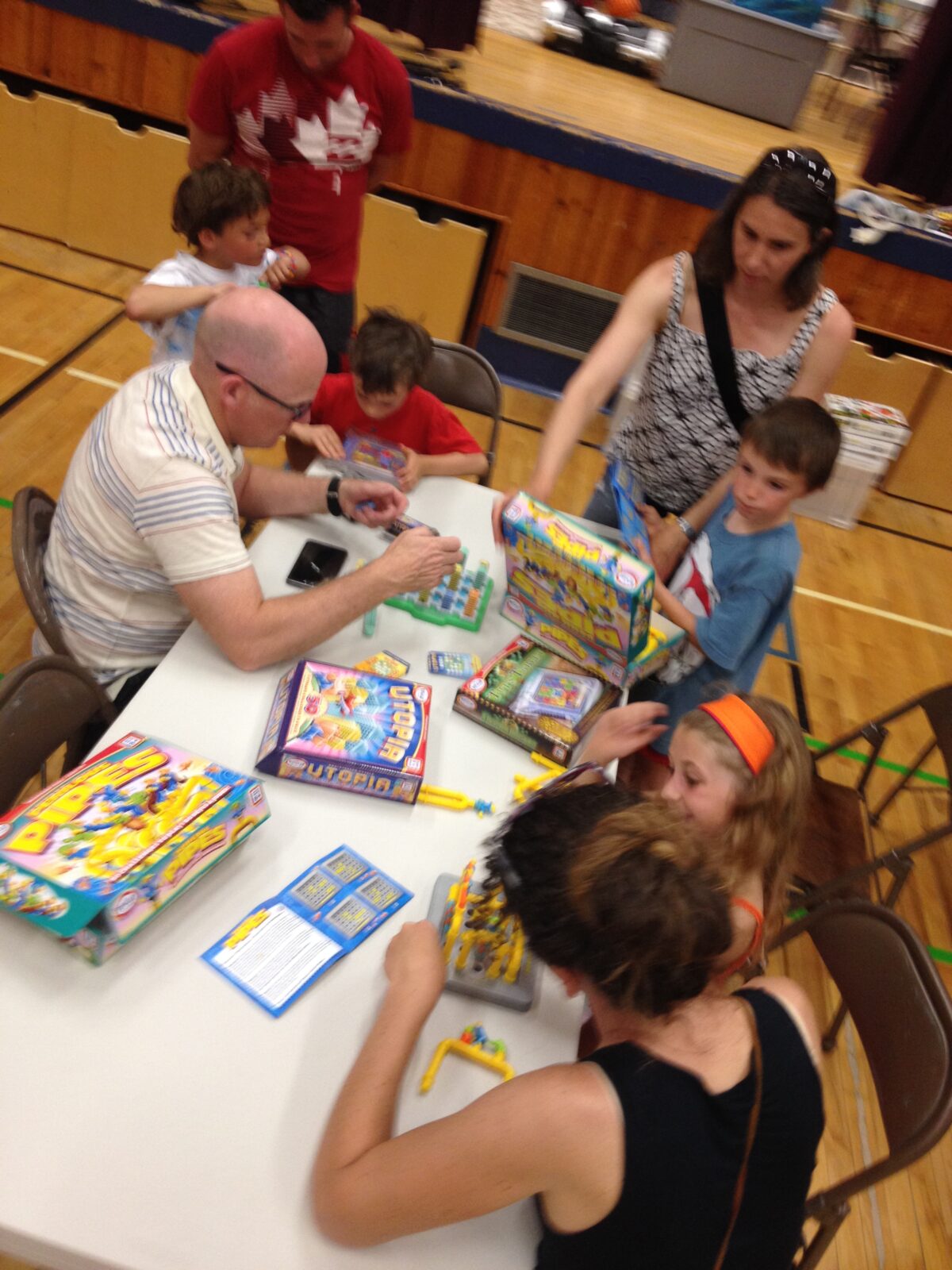
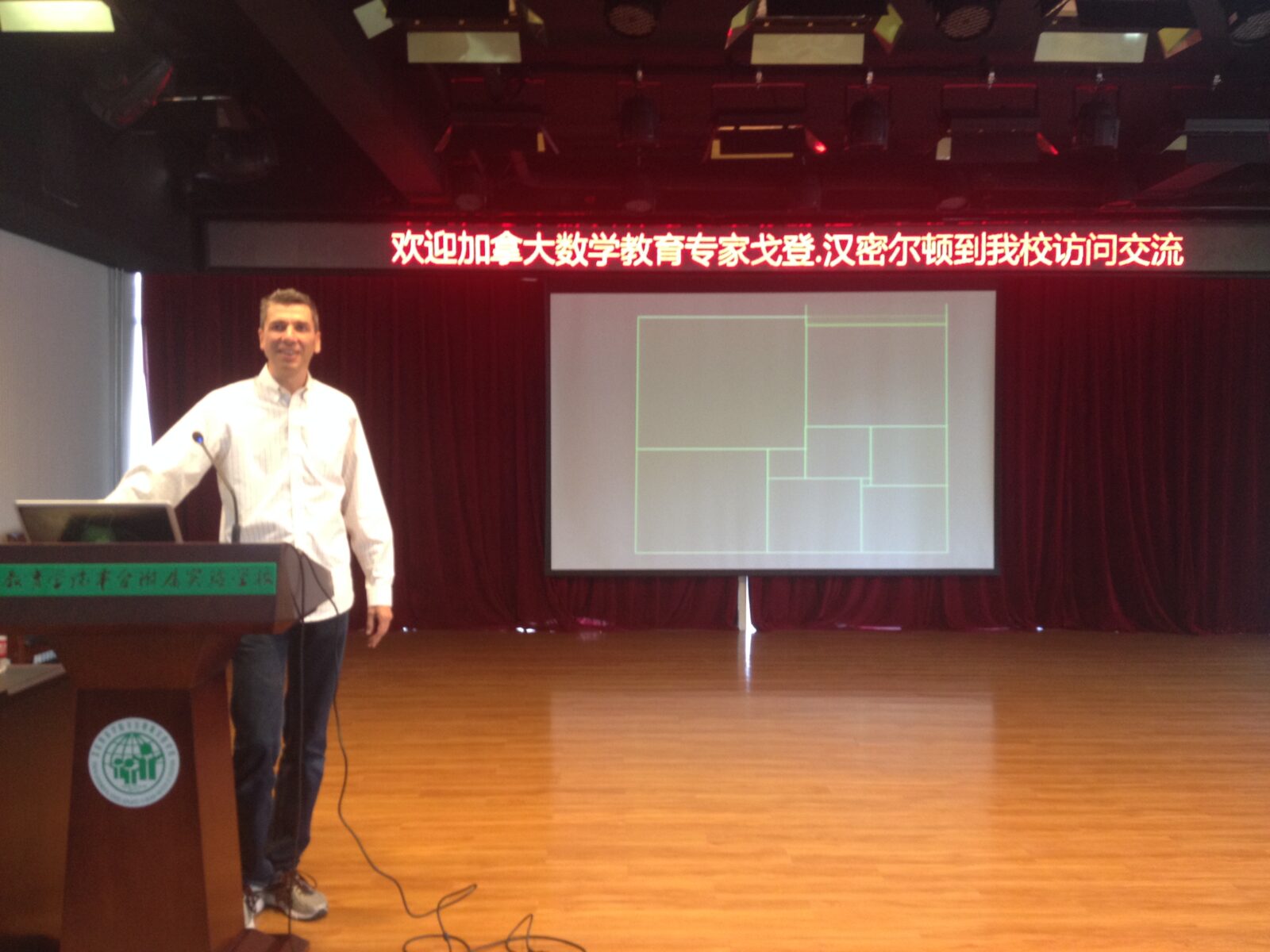


Please use MathPickle in your classrooms. If you have improvements to make, please contact me. I'll give you credit and kudos 😉 For a free poster of MathPickle's ideas on elementary math education go here.
